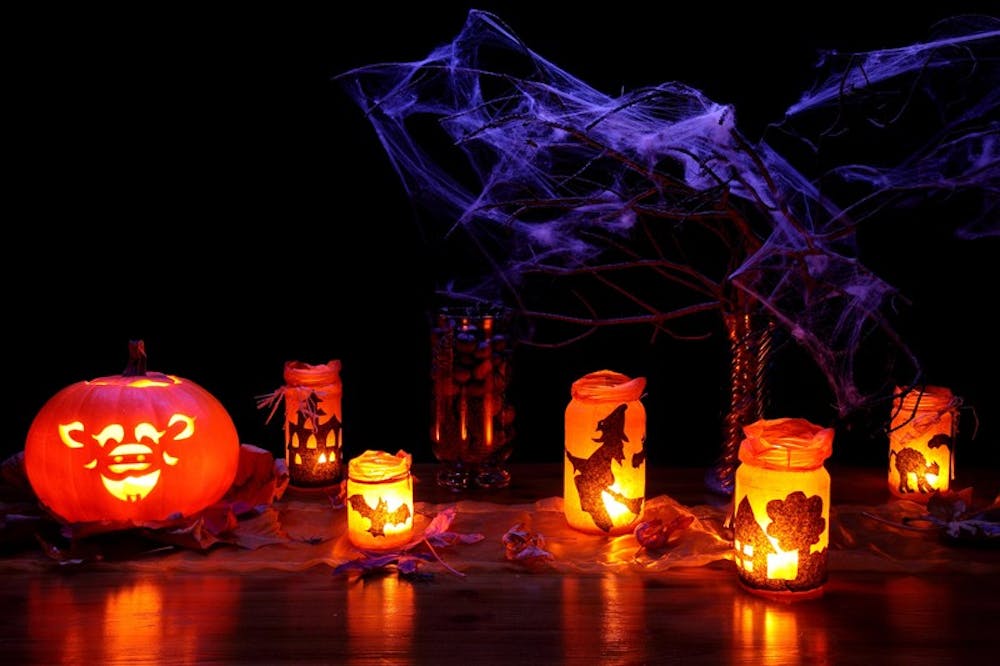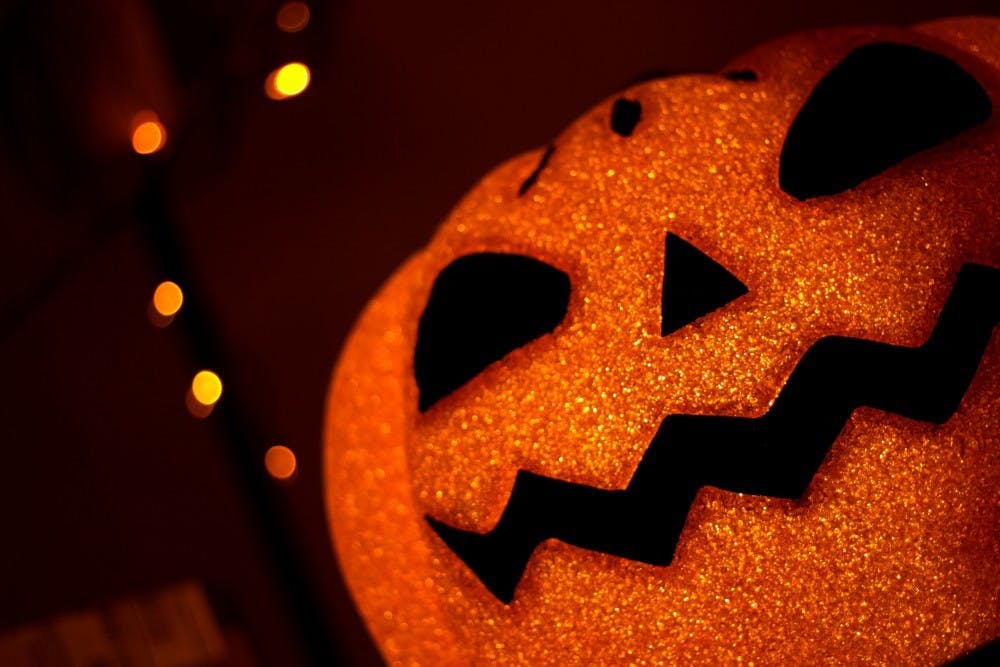
When I think of Halloween, I remember in high school opening up Google and typing in the words: “Halloween costumes for Asian men.” I remember being anxious about who I would dress up as. Every year I remember feeling discontent about my costume, and weirdly out of place at Halloween parties or while trick-or-treating. I realized that in my white, Connecticut hometown, Halloween made the one thing I wanted to hide so clear: I was Asian.
Halloween was a time when everyone dressed up as their favorite person, superhero, or character. They tried their best to look like them. But for me two things stood in my way of enjoying the holiday: One, the people I looked up to and wanted to dress up as were all white. And secondly, no matter how hard I tried, my race would ultimately come between me and the character I wanted to be. Halloween was a yearly reminder that I was an outsider. It was a yearly reminder that those who were idolized in America didn’t look like me. And I idolized them too.
My Asian identity was never more noticeable than when I dressed up as a white figure. Many East Asians are put into a no-win situation: Either they choose to fulfill an East Asian stereotype and dress as something like a ninja or a samurai, or they can choose a popular white figure. I didn’t want to dress up as a ninja because that felt like I was reinforcing stereotypes of my own race. However, I wasn’t a cowboy, but an “Asian” cowboy, or the “Asian” Batman. The crushing part was that I wanted to be more than just Batman. I wanted to be “white” Batman. The “real” Batman. I hated being “Asian” Batman.
As a kid I remember trying to think of Asian figures, Asian superheroes, anyone that I could look up to. I realized that most, if not all the things I had to choose from, were white. We need more Asian representation in the media so that Asian kids can have Asians to look up to. I didn’t realize how much I just wanted someone to relate to. Someone famous who looked like me. Someone who I wanted to dress up as and be proud of. I look back on my past Halloweens and I am saddened by the feelings that I couldn’t make sense of at the time. I didn’t realize why it felt so off for me to dress up as a white figure.
The Asian community has to ask itself what is being reinforced to children when the most desirable Halloween costumes are of white characters. The symbolism behind that is dangerous. It goes far beyond a silly costume one day of the year. It supports the idea that what we should look up to and want to be is inherently white.

Now, there is a case to be made for Asians dressing proudly as white characters. I don’t believe that choosing to dress as a white character should always be viewed as wanting to be white. But too often, it gives Asian kids the feeling that their race can’t be looked up to. That being Asian isn’t favorable or admired.
We’ve come a long way since I was a kid trying to figure what to wear for Halloween and I’m really happy about the progress we’ve made in representation for Asians. But ultimately, no matter how much more representation we get, we are a minority by definition. We will always feel marginalized at some time or another. And so what we must do is tell the Asian community that what they’re feeling is understandable. That the pressure they feel when Halloween approaches is felt by others. We have to recognize that this will be a challenge that all Asian kids will face.
Halloween is something that can be enjoyed, and I truly do like the festivities. But I am concerned, especially for younger Asian kids and their identities. They should be proud of their own race and reassured that the insecurities they may feel are valid. Bringing more Asian representation into media will empower us to dress up as people who we can relate to. I’m proud to be Asian, and I want that feeling to be reinforced every Halloween.

JOEL LEE is a College sophomore from Groton, Conn. His email address is joelslee@sas.upenn.edu.
The Daily Pennsylvanian is an independent, student-run newspaper. Please consider making a donation to support the coverage that shapes the University. Your generosity ensures a future of strong journalism at Penn.
Donate



